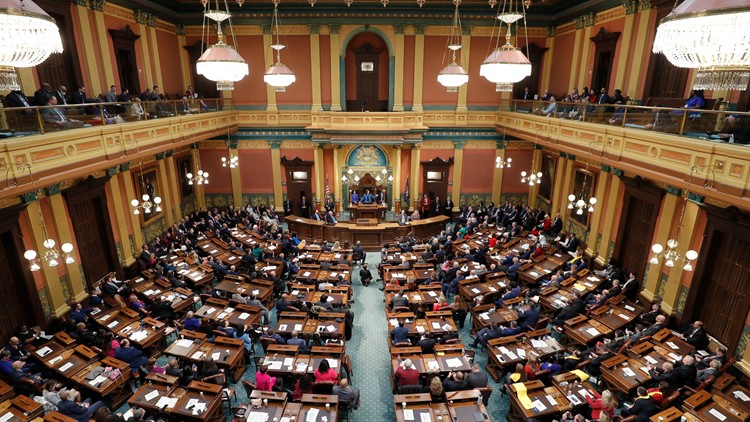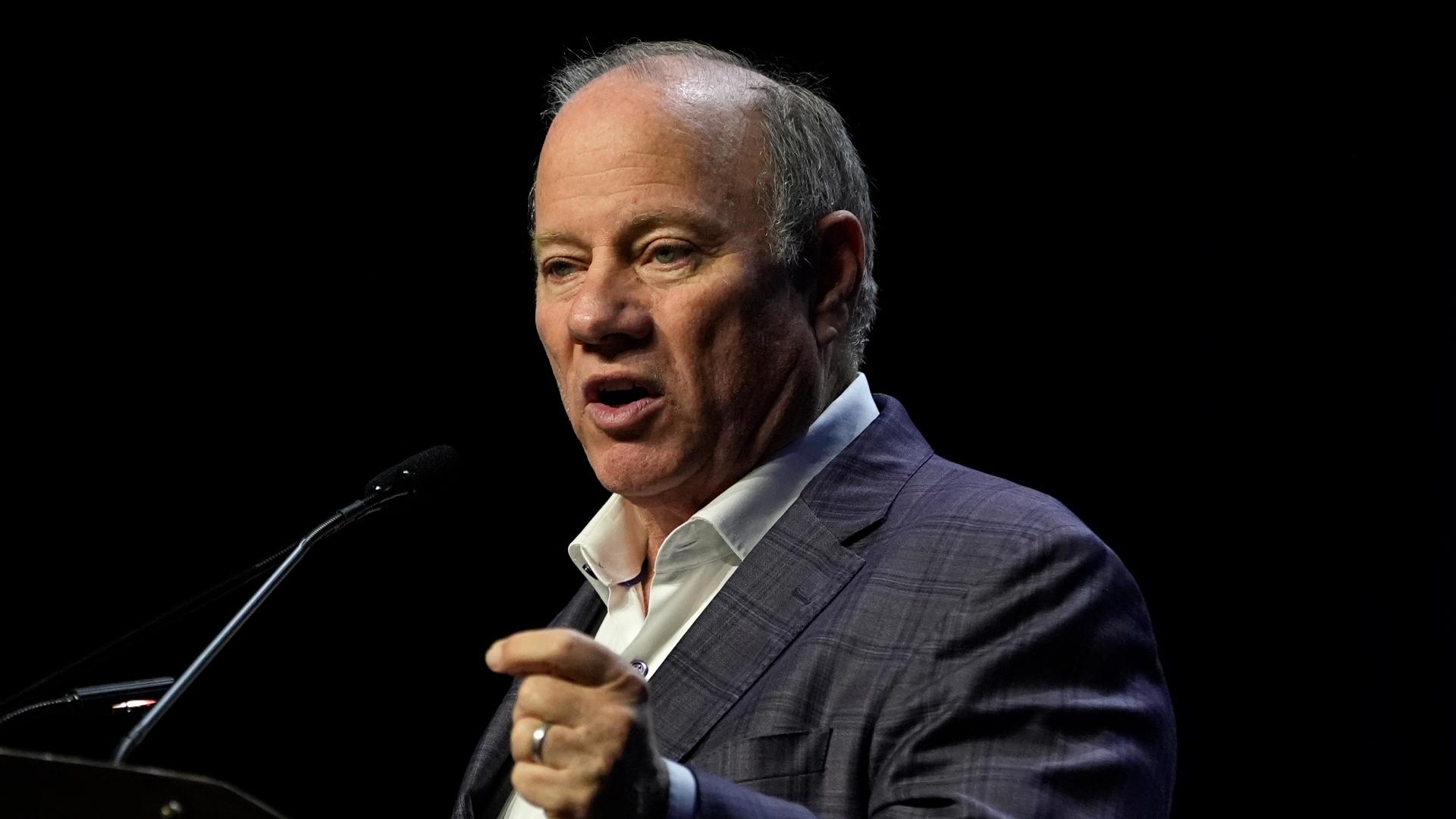LANSING, Mich. — The Michigan Senate announced Thursday evening the passing of Senate Bills 271, 273 and 502.
The Senate said these bills will help to tackle climate change and create a healthier, more sustainable environment for the state.
The bills will set clean energy and renewable energy standards, increase energy efficiency targets and expand the role of the Michigan Public Service Commission (MPSC).
The plan also includes Senate Bill 519 which would create a new office within the Michigan Department of Labor and Economic Opportunity. The office, the Community and Worker Economic Transition Office, would assist workers and communities during the state’s renewable energy transition in hopes of supporting job growth and helping the economy evolve.
“This legislation is a major milestone in ongoing efforts to ensure a greener and more environmentally conscious Michigan,” said Sen. Sean McCann (D-Kalamazoo), Chair of the Senate Energy and Environment Committee. “These policies will safeguard public health and better protect our environment now and for future generations, and my colleagues and I will continue to work to address the climate crisis and combatting the harmful pollution that plagues our farms, air and Great Lakes.”
Senate Bill 271 sets targets for a clean energy future. Those targets include establishing a 100% clean energy standard set to be achieved by 2040, and an 80% clean energy standard by 2035. Along with this the legislation establishes a renewable standard of 50% by 2030 and 60% by 2035.
“This legislation is long overdue to address our persistent and alarming climate crisis. It is evident that communities in Michigan, throughout the country and world are suffering from the effects of climate change,” said Sen. Geiss. “In Michigan, we are beginning to take bold action to address this urgent crisis. Clean energy legislation is crucial in combating the climate crisis to reduce greenhouse gas emissions and transition to renewable energy sources. There is no Planet B — and it is incumbent upon us to secure a clean energy future that ensures marginalized communities are not continually, disproportionately affected by environmental hazards — and that they have equal access to clean resources.”
Senate Bill 273 focuses on enhancing energy waste reduction (EWR) efforts. The legislation will require electric utilities to achieve a minimum of 1.5% annual electric energy efficiency savings, with an additional incentive goal of 2% and over. It also sets the natural gas EWR target to 0.875% beginning in 2026 and provides for financial incentives for exceeding that target up to 1.25%.
“We’re prioritizing reliable, sustainable and cost-effective energy for Michigan families,” said Sen. Singh. “We’re establishing fair laws that ensure minimal carbon impact while also accessing federal funding to aid in our transition. This is a tremendous opportunity to address climate concerns, enhance energy reliability, lower costs for consumers and leverage federal resources in a thoughtful manner.”
The Senate said the creation of a low-income EWR program is a new and noteworthy aspect of Senate Bill 273, ensuring Michigan residents with low incomes or living in multi-family properties have equal access to energy efficiency programs.
“These bills are driven by the shared sentiment that energy should be affordable and reliable for all Michiganders,” said Senate Majority Leader Winnie Brinks (D-Grand Rapids). “Those values were our starting point and the result is powerful legislation that will make our electric bills more reasonable, our grid more dependable and our state a cleaner and more sustainable place to live.”
And Senate Bill 502 will require the MPSC to prioritize reliability, safety and resilience of utility systems along with service quality, affordability, equitable access to programs, meeting plan requirements, overall cost-effectiveness and nondiscrimination.
►Make it easy to keep up to date with more stories like this. Download the 13 ON YOUR SIDE app now.
Have a news tip? Email news@13onyourside.com, visit our Facebook page or Twitter. Subscribe to our YouTube channel.
Watch 13 ON YOUR SIDE for free on Roku, Amazon Fire TV Stick, and on your phone.



